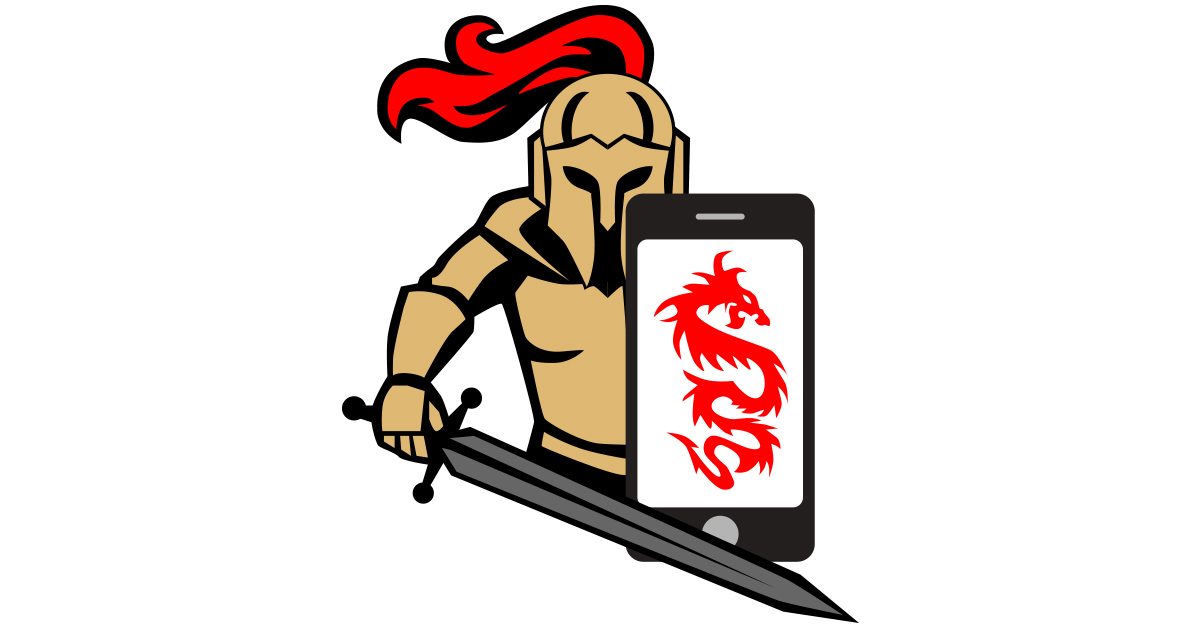CALL: 985-778-0798
IoT and GoT Have Something In Common: Feudalism

It’s 2017, and everyone is on the Internet, seemingly all of the time. You could be scrolling through your social media pages at a red light or shopping for something on Amazon during your lunch. The Internet has made our lives much easier but has also put us at risk. It’s not just the Internet itself; it’s the Internet of Things (IoT). The IoT refers to the ever-growing network of physical objects with internet connectivity and the communication that occurs between them.
IoT applications include Smart Home, the Apple Watch, AT&T’s Connected Car, Amazon Echo, and the Fit Bit. It seems that now everything from dishwashers to doorknobs requires an internet connection, but this has caused many problems. Recently, internet hackers broke into a casino through its fish tank. This tank had internet connected sensors that measured temperature and cleanliness. The hackers got into the fish tank’s sensors, then to the computer used to control them, and ultimately to the other part of the casino’s network. Our devices and products are always gathering information about us and our environment. That information is valuable not just for us, but for people who want to sell us things.
A good example of this is the Roomba, a useful robotic vacuum cleaner. The high-end models can create maps of its users’ homes to navigate while cleaning. Roomba’s manufacturer may plan to share those maps with its commercial partners.
It can be argued that even after we purchase a device, the manufacturer still owns it. A smartphone is a great example. Companies claim they still own the software, and because they own it, they can control it. This started to become the norm even before IoT. John Deere told farmers that they don’t actually own their tractors. Therefore, farmers can’t fix their farm equipment on their own or take it to a repair shop of their choosing. Tractors and other farm equipment must be returned to the manufacturer for repair.
Currently, we are still allowed to paint our houses whatever shade we want and have our cars repaired at whatever shop we choose. The expansion of the Internet of Things seems to be steadily moving to the Middle Ages. This expansion could be the return to feudalism: a system of medieval Europe where the king owned almost everything including everyone else’s property. Peasants depended on their relationship with the king and lived on land granted by him. Workers didn’t own the tools they used for farming, carpentry, and blacksmithing meaning that their way of life and making money was completely in the hands of their ruler.
Don’t freak out just yet! These problems become public relations nightmares for the companies involved, and there is overwhelming support to return power and privacy to consumers. Think about the Internet of Things the next time you walk to your car after leaving the bar, and your phone tells you how many minutes you are away from home. Many people love that their life is made simpler by the power of the Internet and accept the Internet of Things with open arms. However, beware of the hackers and those companies that are directly selling your information to control how you consume.

